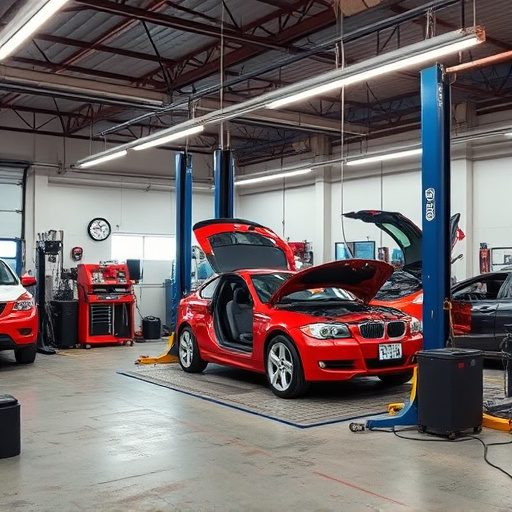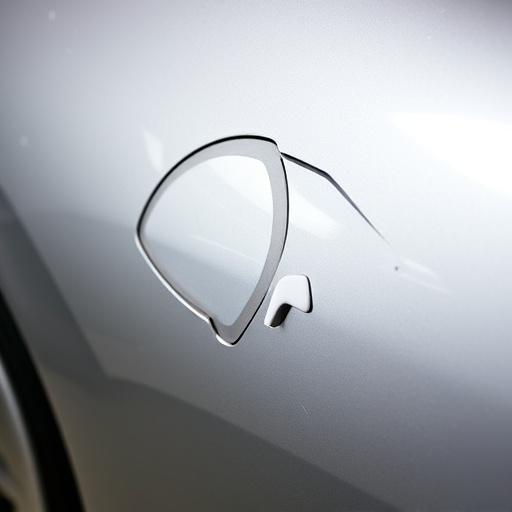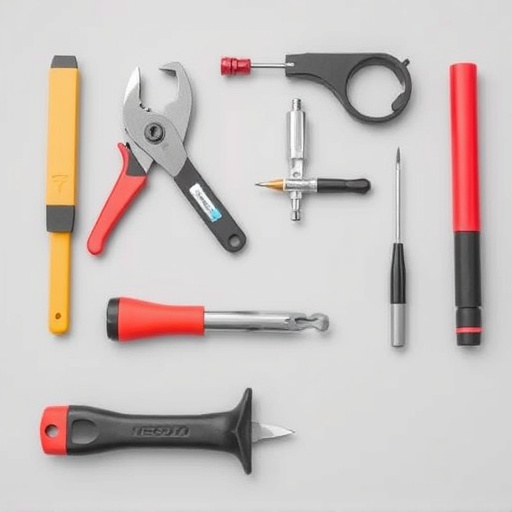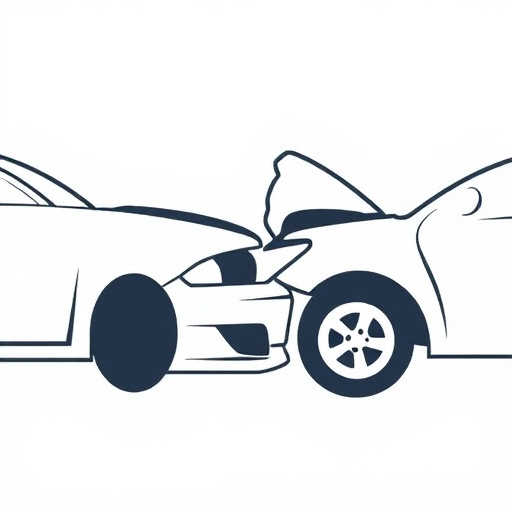Accident insurance help covers minor injuries like cuts, bruises, and sprains, providing financial support for medical bills, lost wages, and transportation expenses. It simplifies claims processes, facilitates access to care, and assists with auto-related repairs, ensuring individuals focus on recovery while insurers handle billing and reimbursement. Understanding policy details, documenting accidents, and persistently negotiating compensation are key steps in navigating accident insurance help for minor injuries.
Accident insurance help can provide crucial support for minor injuries, offering financial protection and peace of mind. This article delves into the intricacies of understanding coverage for these seemingly simple yet potentially costly incidents. We explore what constitutes a minor injury, how to navigate claims processes, and the benefits received when accident insurance helps. By understanding these key aspects, you can ensure you’re adequately prepared for unexpected situations.
- Understanding Coverage for Minor Injuries
- What Constitutes a Minor Injury?
- Navigating Claims and Benefits Received
Understanding Coverage for Minor Injuries

When it comes to minor injuries, accident insurance help can be a lifesaver, offering financial support and coverage for unexpected medical expenses. It’s crucial to understand what constitutes a “minor injury” in the context of insurance policies, as definitions can vary. Typically, these policies will cover immediate and relatively simple healthcare needs resulting from accidents, such as cuts, bruises, or sprains. The key lies in recognizing that even seemingly minor injuries may require medical attention and lead to substantial costs, especially when combined with other factors like lost wages or transportation expenses.
Accident insurance help can facilitate the process of getting necessary treatment without the immediate burden of financial worry. This is particularly relevant for incidents involving a collision center or auto body repair, where repairs might not be immediately apparent but are still essential for safety and mobility. By ensuring coverage for minor injuries, individuals can focus on recovery while leaving the logistics of billing and reimbursement to their insurance provider.
What Constitutes a Minor Injury?

When it comes to understanding when accident insurance help applies to minor injuries, defining what constitutes a “minor” injury is crucial. In general, these are injuries that do not result in significant or lasting physical harm. Examples include cuts, bruises, sprains, and fractures where there’s no severe bone damage, as well as minor head traumas like concussions. These types of injuries often heal with basic first aid or minimal medical intervention, and typically don’t require extensive hospital stays or extensive automotive restoration like those sustained in more serious accidents.
Accident insurance help for minor injuries usually covers immediate medical expenses such as emergency room visits, diagnostic tests, and prescription medications. It may also include short-term disability benefits if the injury prevents the affected individual from working temporarily, focusing on basic recovery and facilitating access to auto body repairs or auto maintenance services as needed during the healing process.
Navigating Claims and Benefits Received

Navigating claims for minor injuries under accident insurance help can seem daunting, but understanding the process is key to receiving the benefits you deserve. The first step involves reviewing your policy thoroughly to grasp what’s covered and any specific requirements for filing a claim. Most policies require immediate reporting of accidents, along with documentation of medical treatment received. Keep all receipts and records related to expenses incurred due to the incident.
Once prepared, file your claim with the insurance provider, providing all necessary details and supporting documents. Communicate openly with adjusters throughout the process, ensuring they have accurate information about your injuries and associated costs. Remember, you may need to engage in negotiations for compensation, especially if the damages are significant but considered minor by the insurer. While this can be frustrating, understanding your policy benefits and rights is crucial when dealing with auto body shop repairs, auto glass replacement, or collision repair services following an accident.
Accident insurance help can significantly ease the financial burden of minor injuries, ensuring individuals receive the necessary care without excessive stress. By understanding what constitutes a minor injury and navigating claims effectively, policyholders can maximize their benefits. This guide has provided insights into coverage details, helping readers make informed decisions when seeking accident insurance help for themselves or their loved ones.













